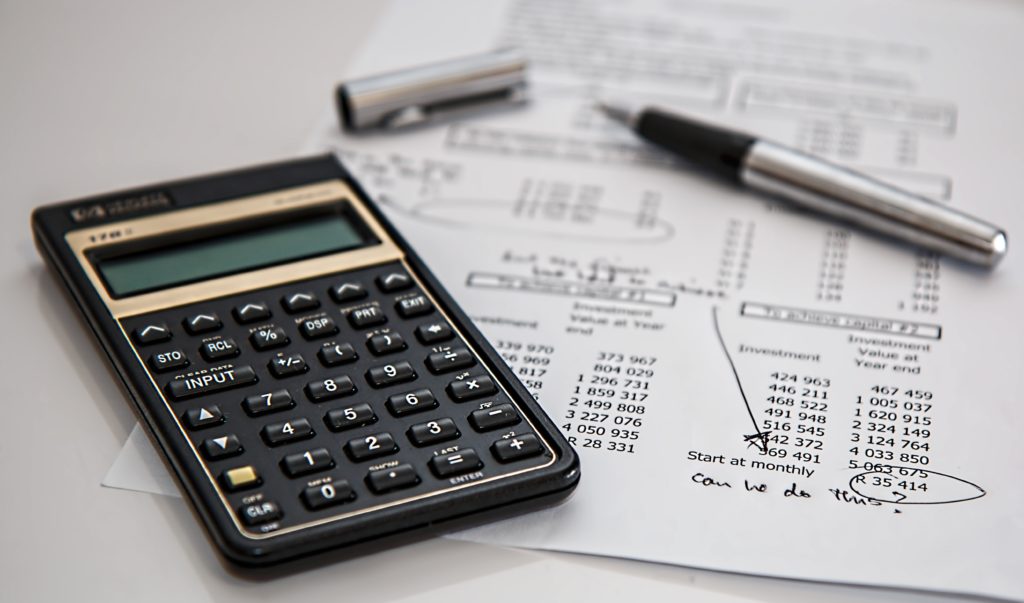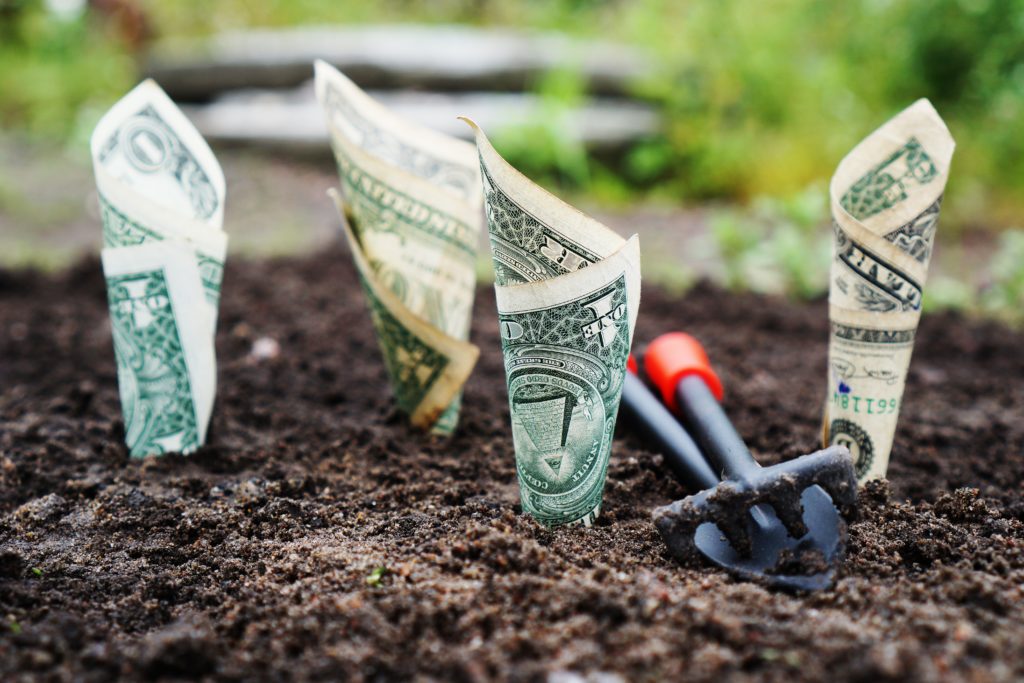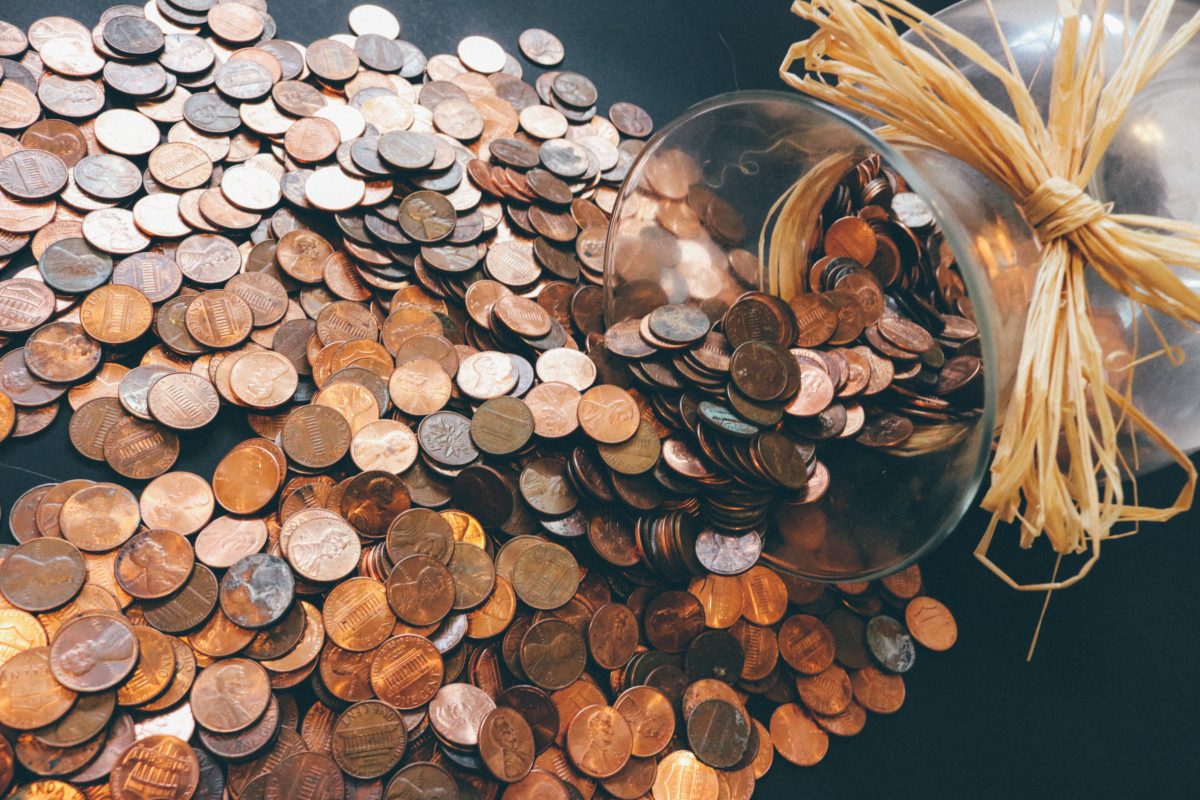The thought of tracking expenses to the penny always struck me as being way to strict and burdensome. I remember when I read the book ‘Your money or your life’ which talks about doing exactly that as part of its FI strategy that it wasn’t for me and even though I’d like to budget and know fairly accurately what I’m spending that it was a step to far. I can’t really recall what specifically changed my mind or made me give it ago in May 2015 but since this date I must be honest, I haven’t looked back.
Pre FI Exposure

I have been budgeting probably since 2011 which was pretty much before I had a full time job. I tracked my incomings and regular bills but I never tracked my actual expenses when it come to what I called disposable income (money left after standard bills) or exactly what I spent on food or fuel. I simply recorded the direct debits so I could see if anything increased on a monthly basis. I would know that I roughly spend £100 on fuel for example and £120 for food and that with my regular direct debits/static bills that I would have £200 disposable income left or £50 a week to spend on daily activities/outings and spends through out the month which could include a book or a game etc.
As I knew I would have £50 a week on average, I would loosely spend accordingly. It was easy to know if I was spending more or less as I had no real savings so all I had to do was look in my wallet and at my bank balance and I’d know if I had overspent or not. During this time, I used my credit cards now and then for big purchases but always tried to pay back the balance over a couple of months. The largest balance I ever had was £2200 from the time I went window shopping at Comet and bought a £2000 TV :o.
To the Penny

As I mentioned in the intro, I decided to start tracking all my expenses down to the penny in May 2015 as part of trying everything I could to help move FI closer to being a reality. To be honest and even to my own surprise, I found this rather easy and not burdensome at all. I actually enjoyed doing it! I liked keeping my receipts and working out what category to put things into.
I still use my monthly budget which is simply an evolved version of my older budget spreadsheet that provides me a rough idea of how much I expect to spend in categories such as Food and Fuel which aren’t completely static but now on my expenses spreadsheet I record exactly what I spend for each which allow me to see if my budgets are realistic or not as an average cost per month.
My tracked categories
I track my expenses on my iPad in the Numbers application and even though I have gradually evolved my spreadsheet over the years it essentially remains the same. The categories are as follows:
| Fuel | |
| Food/Drink – In | Normal food type shop, includes personal hygiene stuff |
| Food/Drink – Out | This includes alcohol, take aways, £3 lunch Tesco Meal deal etc |
| Going out | This includes meals out at restaurants etc which I include here instead of Food – out as I treat it more as going out |
| Purchases | This is all about buying stuff like games, books or a new sofa |
| Clothing | |
| Gifts | This includes birthdays/Christmas |
| Household | Things such as washing powder, drain cleaner, toilet duck |
| Unexpected Outgoings | New washing machine to replace broken one, leaking pipes etc… |
| Other/Misc – | Includes things I am not sure where to put expenses, like £0.10 to use a toilet 😮 |
| Multiple Direct debits/static Bills | Council Tax, Energy, water, Internet etc |
3 Years of Data
I recently analyzed a few of the categories to see how my expenditures have changed over the last few years and here are the results with percentages in each year being difference from original figure.
| Financial Year | 2016 | 2017 | 2018 |
| Fuel | Hidden* | 7.20% | 8.30% |
| Food/Drink – In | Hidden* | -10.20% | -11.40% |
| Food/Drink – Out | Hidden* | 5.80% | 7.10% |
| Going out | Hidden* | 6.80% | 12.50% |
| Purchases | Hidden* | -15.30% | -16.90% |
| Clothing | Hidden* | 16.80% | -8.80% |
| Gifts | Hidden* | 22.10% | 38.20% |
| Household | Hidden* | -1.50% | 3.40% |
| Unexpected Outgoings | Hidden* | -4.50% | -7.80% |
| Total Expenses | Hidden* | -2.10% | -2.30% |
* I would rather not reveal the actual expenditures
My own analysis
- Fuel costs have risen for me for sure
- I have managed to bring down my food bills without feeling deprived
- I spend more on Food/Alcohol and going out in general which is a sign of me not being so strict on spending when it brings joy
- I buy less stuff (I already have so much to enjoy that I previously bought)
- I have become a lot more generous, this has been deliberate 🙂
- My overall expenses have actually dropped so far year on year but this probably will not last
- My average Savings rate has been 50.66%, 51.25% and 51.98% which shows a steady increase. My target has always been 50%.
The value of money

How I perceive money has certainly changed since I’ve tracked money to the penny. I remember if I used to find the odd tenner or fiver unexpectedly in a pocket then I would in someways view it like free money as I didn’t know I had it and I’d often spend it treating myself. Recently, I found a £20 note in a coat that would have been there for around 6 months but because it was still within the time that I compare my actual money in physical cash/cash in the bank versus what I think I should have, I just thought of it as cash that made up part of my Cash Is King Fund and didn’t get any joy really as if I wanted to spend it on something, it would still come out my current monthly money.
Having large sums of cash in front of me also feels much different now that I track expenses. I feel that I don’t waste spending money just for the sake of spending money as I am far more conscious and aware of what I spend money on as I will need to record it. It has certainly helped make me more aware of what I spend money on. Now every time I spend, it feels like its a worthwhile expense and therefore I have no guilt.
So how do you track your expenses, do you track to the penny? Do you like me enjoy the process or can’t you stand being so strict and rigid 🙂
Chris @ TheFIJourney

